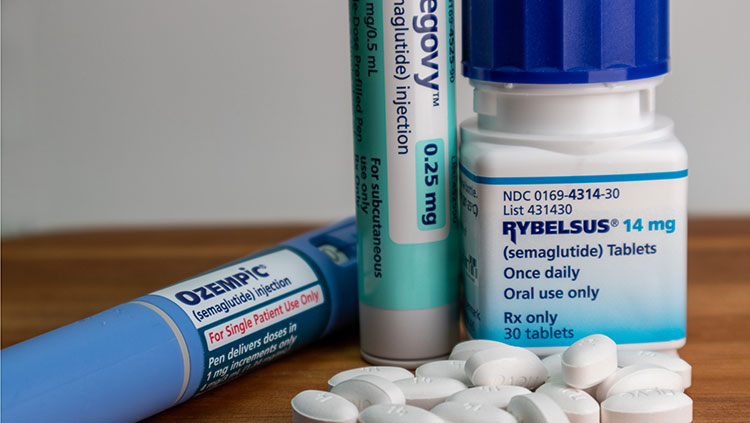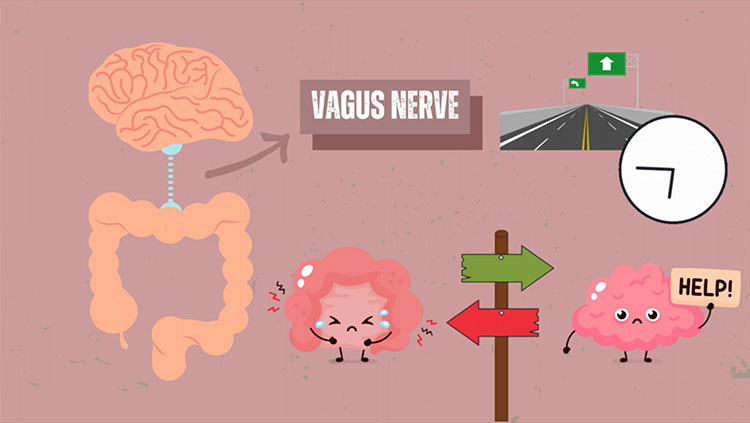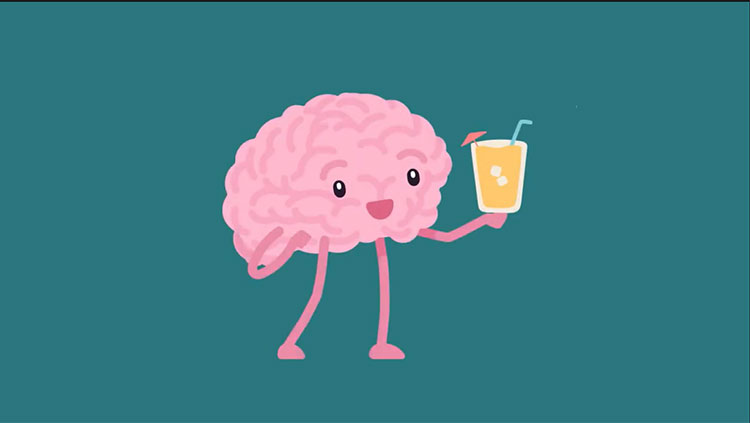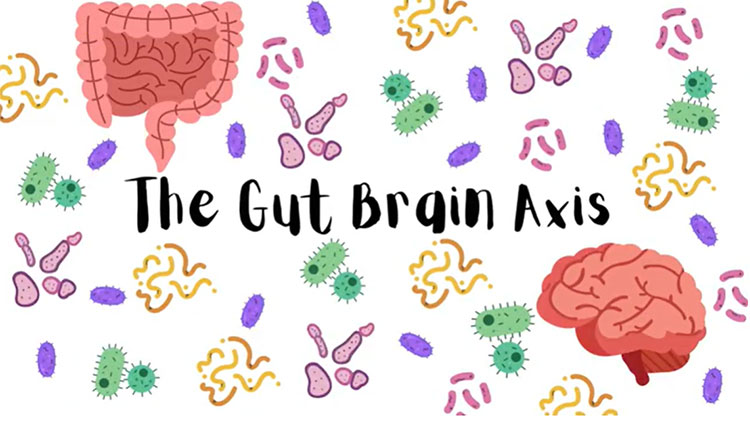Trust Your Gut: How the Brain-Gut Connection Helps Us Decide Intuitively
- Published1 Oct 2021
- Source BrainFacts/SfN
The two-way communication between the brain and the gut does more than help us digest a meal — it also assists with higher cognitive functions like intuitive decision-making. And, these “gut decisions” may be our best bet when we don’t have time to carefully consider our options.
This is a video from the 2021 Brain Awareness Video Contest.
Created by Aline Ivy Salillas.
CONTENT PROVIDED BY
BrainFacts/SfN
Transcript
Have you ever tried to trust your gut? Going for your gut feeling may be risky, but it can help us with our intuitive decision-making thanks to the bi-directional communication between the brain and the gut.
Besides the central and peripheral nervous system, our bodies also have the enteric nervous system that contains about 100 million neurons from our esophagus to our rectum. Our gut’s neurons provide a pathway for generating gut sensations, and they transmit the sensory signals to the brain and spinal cord to act upon these sensations. In the gut lining there are enteroendocrine cells that connect with the afferent neurons called neuropod cells, and these cells are responsible for processing and sending the sensory information from the gut to the brainstem via the vagus nerve that runs from the abdomen to the brain. This results in the bidirectional communication between the brain and gut called the brain gut axis.
The brain gut axis does not only maintain our digestion but it can also help our motivation and higher cognitive functions such as intuitive decision-making. Now why is this so? It is because of interoception, or the ability to sense the body's internal state. During our early years we collect and store a lot of interceptive information in our prefrontal cortex. These interoceptive signals help us determine what is good or bad in our environment. Unfortunately, only fragments of these signals are brought into our consciousness by the insular cortex, the central hub of the brain salience network. The salience network's job is to filter and process these interoceptive signals to our conscious awareness. These signals would then generate our gut feelings that come with feelings of discomfort and pain.
Now we have probably experienced a hunch to avoid someone or maybe we need to pick just one of many options immediately since we are running out of time. Ever since our evolution, our gut feelings are already part of our survival instincts. These gut feelings help us make snap decisions in survival type scenarios, like how our ancestors are vigilant to avoid approaching predators or even natural poisons.
Trusting our gut may be our best bet when we do not have enough time to weigh our options. One study examined the benefits of emotion-based decision-making wherein the participants were presented with four hypothetical cars, each having its own set of features. Their task is to choose the best car based on their feelings or the features mentioned about each option. Based on the findings, forming decisions based on feelings rather than features resulted in higher choice quality for complex decisions.
Our gut feelings can also enhance our performance in risky work environments such as financial trading. Another study compared the interoceptive abilities of financial traders and non-traders. Results suggest that the traders who have stronger gut feelings exhibit better performance in decision-making, and as a result, these traders were more successful in the trading field.
Making decisions based on our gut feelings may be complex but overthinking our decisions will not help in finding better choices in a risky time-constraining environment. The brain-gut connection helps us improve our intuition and decision-making. Whether we decide on what food to eat or what car to pick, we can always trust our gut when making numerous complex decisions.
It is worthy to note however that substituting intuition for logic has its dangers. We should still consider the rational details of every decision but we must also not overanalyze these details to make the best choice. Going for our gut is risky, but there will be opportunities where entrusting our gut may be worth the risk.
Also In Body Systems
Trending
Popular articles on BrainFacts.org

















